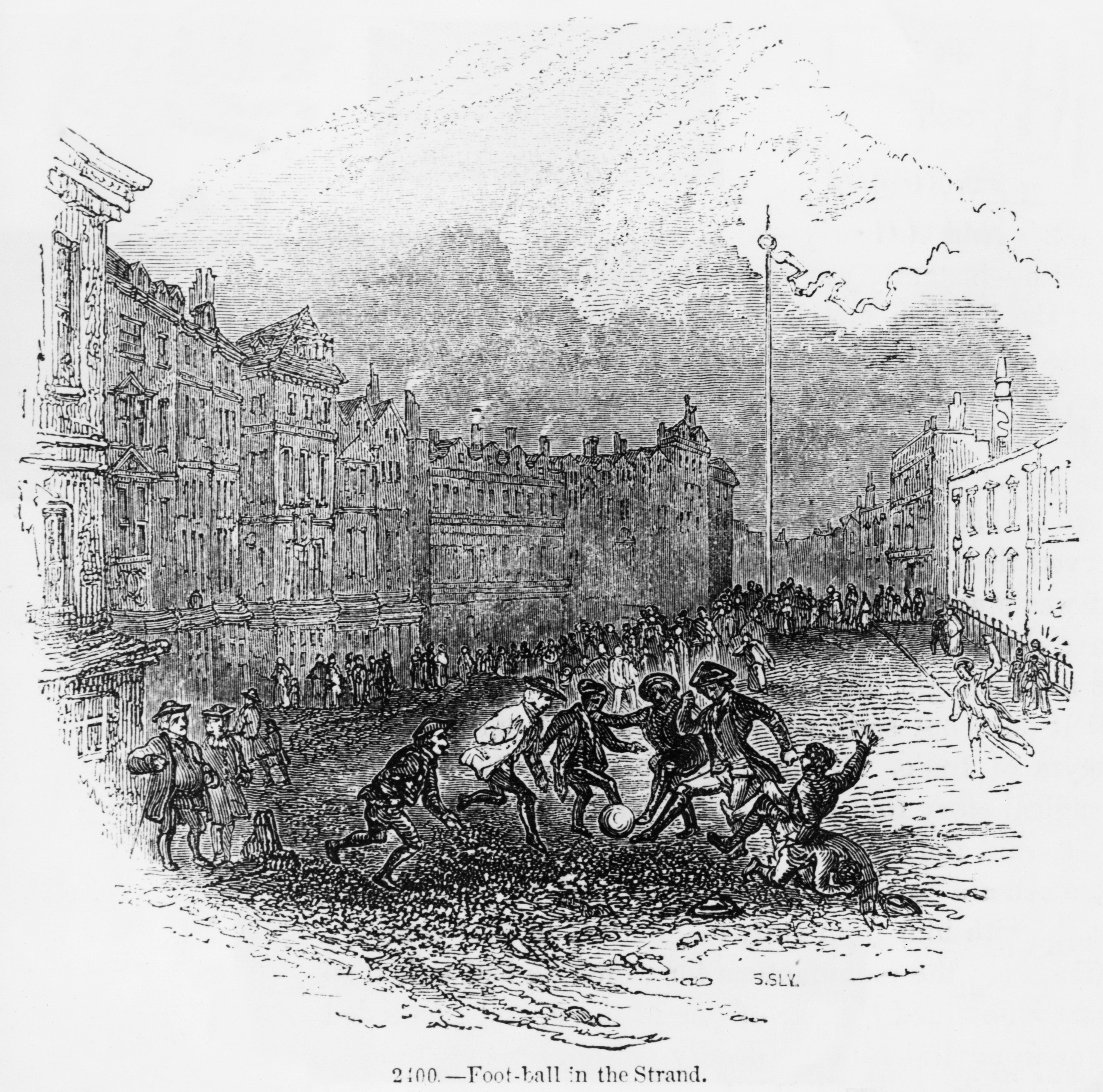Your support helps us to tell the story
From reproductive rights to climate change to Big Tech, The Independent is on the ground when the story is developing. Whether it’s investigating the financials of Elon Musk’s pro-Trump PAC or producing our latest documentary, ‘The A Word’, which shines a light on the American women fighting for reproductive rights, we know how important it is to parse out the facts from the messaging.
At such a critical moment in US history, we need reporters on the ground. Your donation allows us to keep sending journalists to speak to both sides of the story.
The Independent is trusted by Americans across the entire political spectrum. And unlike many other quality news outlets, we choose not to lock Americans out of our reporting and analysis with paywalls. We believe quality journalism should be available to everyone, paid for by those who can afford it.
Your support makes all the difference.
Read more
A field in the Scottish countryside near the Solway Firth was likely the world’s oldest football pitch, a historian has claimed.
The field was hosting football games in the 1600s, nearly two centuries before rules for the sport were laid out for the first time in England.
Sports historian Ged O’Brien pointed to a letter written by one Reverend Samuel Rutherford in the early 1600s stating that “people used to play football” at the ground on Sabbath afternoon.
The reverend, seemingly angry that frequent football games on the field were disrupting the Sabbath, ordered parishioners to place large stones on the pitch to stop them.
The rocks – some still there today – were laid across the ground as a temporary barrier to stop people playing football, Mr O’Brien noted.
“This is one of the most important sentences I have ever read in football history,” he told The Times. “Because it specifically identifies the exact place the football pitch was. I have always thought football has been played in Scotland for hundreds of years. Not mob-football, but proper football.”
open image in gallery
Lab tests of soil from the field confirmed that the rocks were placed across the farmland around the time Rutherford’s letter was written.
Taken together, this would mean football was played in an organised form centuries before the Football Association was set up in 1863 in England.
It was thought that the form of football played in the 1600s was more brutal and chaotic, involving several dozen people chasing and kicking a pig’s bladder across town.
The reverend’s letter, however, would indicate that a more organised form of the game was being played at the Scottish field, where people showed up specifically on Sundays, expecting to go to work the next day.
However, it could not be ascertained if the form of football played on the Scottish farmland resembled the modern game.

open image in gallery
Mr O’Brien, who founded the Scottish Football Museum, noted that this was a critical point in the evolution of the sport, involving a field, teams and regular matches played with some agreed rules.
“This is the ancestor, the grandparent, of modern world football,” he said. “And it’s Scottish.”
The latest findings, if further verified, could alter the timeline of football’s evolution, and provide insights into Scotland’s dominance of the sport when international football began in the late 19th century.
“In 1872, the minute international football started, Scottish clubs were absolutely destroying English teams,” Mr O’Brien pointed out. “It’s absolutely no surprise because these people are 200 years in front of what England is doing.”























